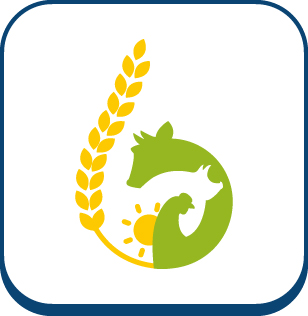Economic effect of some antibiotic growth promotants withdrawal on pig production cost
Ajouter à ma liste
Auteurs :
Gourmelen C, Royer E, Salaün Y
Blamed for favouring the outbreak of antimicrobial resistance in bacteria from humans, this use is today thrown into question. In September 1999, the European Union prohibited the use of six main antibiotics in pig feeding.Through a microeconomic simulation model based on literature assessments, the present study evaluates on one hand, the incidence of this ban on pig meat cost, on the other hand economic efficiency of the use of some non antibiotic additives (enzymes, acidifiers, probiotics).The economic approach leads to conclusion that a ban of all antibiotic growth promotants would determine an increase of production cost by 12.40 F per pig for a feeding and fattening herd in average conditions.Otherwise, no studied solution would allow to compensate this loss of profit for farmer : the use of still authorized antibiotic growth promotants (Na-salinomycin, Flavophospholipol, Avilamycin) or of above non antibiotic additives boosts the production cost which could rise from 1.50 to 17.20 F per produced pig when compared to the situation before 1999. In any case, these alternatives cannot preserve initial performance level ; most of these products also cost more than banned antibiotics ones.
Fiche technique
Titre :
Economic effect of some antibiotic growth promotants withdrawal on pig production cost
Date sortie / parution :
2001
Référence :
Journées de la Recherche Porcine (Fra), 2001, Vol. 33, p. 291-298







